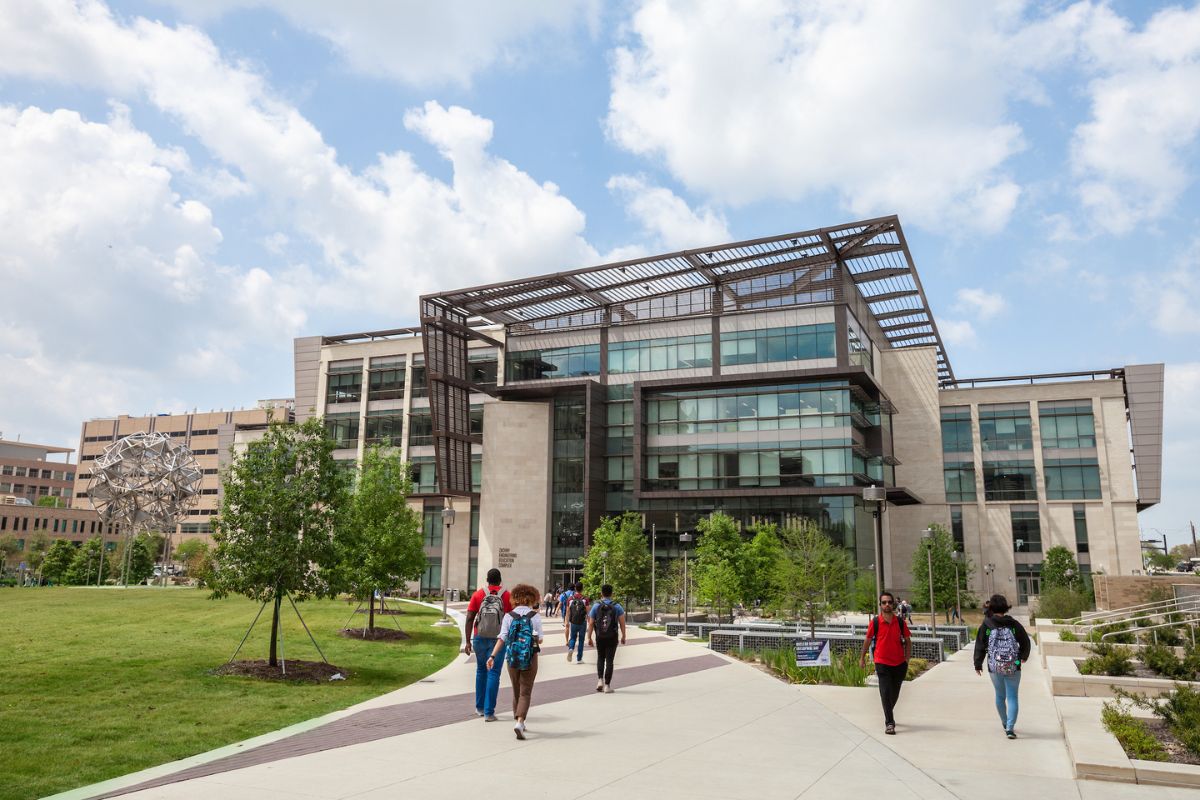Petroleum Engineering
Petroleum engineering is primarily concerned with the economic extraction of oil, gas, and other natural resources from the earth. Students in this field will learn to design oil wells, storage tanks, and transportation systems. They will also learn how to supervise the construction and operation of oil and gas fields. Petroleum engineers are researching new technologies to allow more oil and gas to be extracted from each well. They keep the energy flowing to light and heat our homes. They fuel our transportation systems and keep our industries operating. Economical and environmentally safe production of petroleum requires a wide spectrum of knowledge. Petroleum engineers also contribute to non-energy concerns such as underground waste disposal, ground water remediation, and hydrology.
What do you want to do with Petroleum Engineering?
Career ideas for Petroleum Engineering majors:
Petroleum Engineer, Process Engineer, Project Engineer, Production Engineer, Instrumentation Engineer, Field Engineer, Reservoir Engineer, Drilling Engineer

Remember: Your major does not equal your career!
For more ideas about how to put your education to work, talk with your specific Career Advisor.
Learn more about careers and job titles.